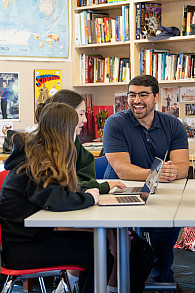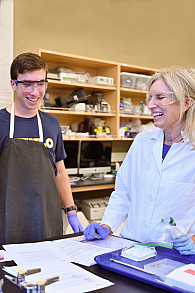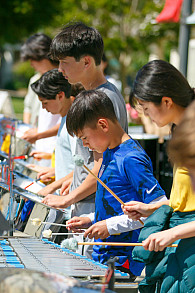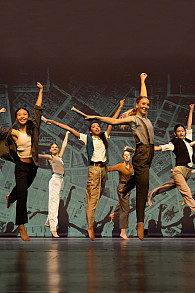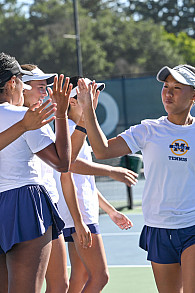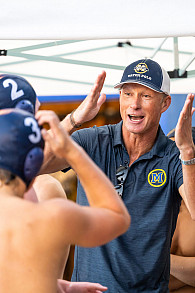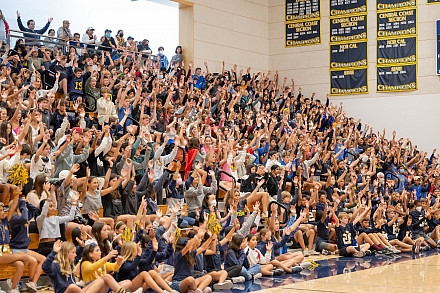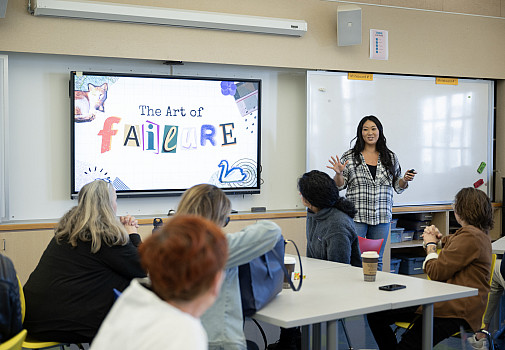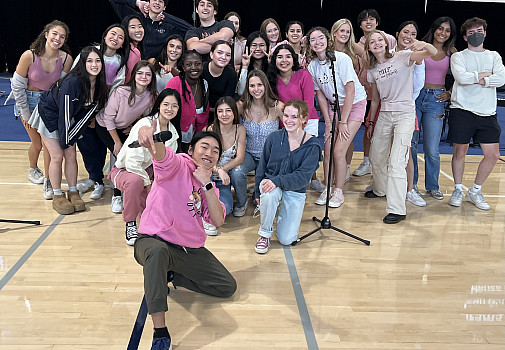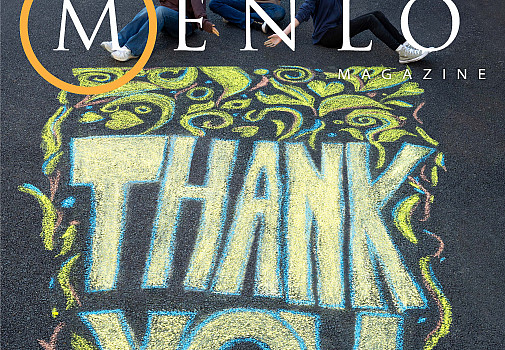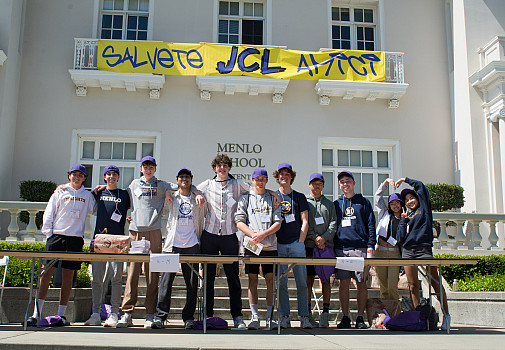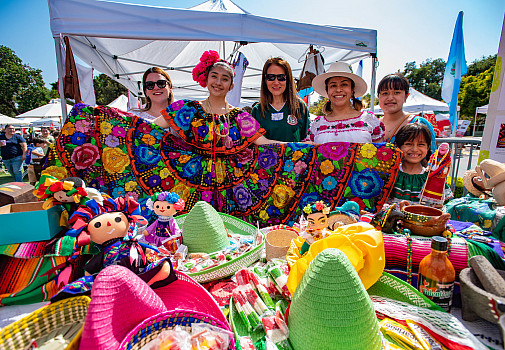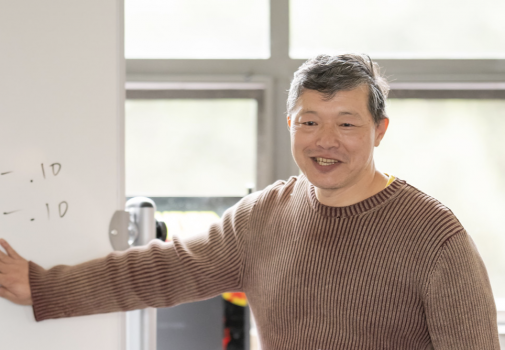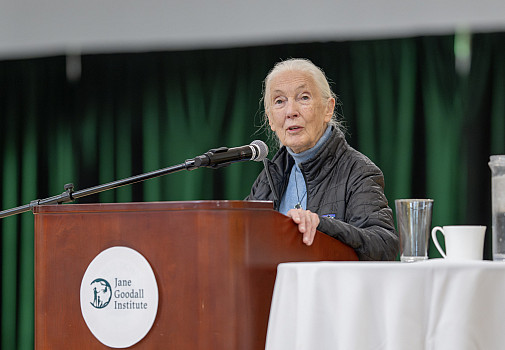- Arts
- Academics
-
Athletics
- Athletics Overview
-
Upper School Teams
- Baseball - Varsity
- Baseball - Junior Varsity
- Basketball - Boys Varsity
- Basketball - Boys Junior Varsity
- Basketball - Boys Freshman
- Basketball - Girls Varsity
- Basketball - Girls Junior Varsity
- Cross Country
- Flag Football - Girls
- Football - Varsity
- Football - Junior Varsity
- Golf - Girls Varsity
- Golf - Boys Varsity
- Golf - Boys Junior Varsity
- Lacrosse - Boys Varsity
- Lacrosse - Boys Junior Varsity
- Lacrosse - Girls Varsity
- Lacrosse - Girls Junior Varsity
- Soccer - Boys’ Varsity
- Soccer - Boys’ Junior Varsity
- Soccer - Girls Varsity
- Soccer - Girls Junior Varsity
- Swimming
- Tennis - Varsity Boys
- Tennis - Boys Junior Varsity
- Tennis - Girls Varsity
- Tennis - Girls Junior Varsity
- Track & Field
- Volleyball - Varsity
- Volleyball - Junior Varsity
- Volleyball - Freshman
- Water Polo - Boys Varsity
- Water Polo - Boys Junior Varsity
- Water Polo - Girls Varsity
- Water Polo - Girls Junior Varsity
-
Middle School Teams
- Baseball - Middle School
- Basketball - Boys Middle School
- Basketball - Girls Middle School
- Cross Country - Middle School
- Flag Football - Middle School
- Lacrosse - Boys Middle School
- Lacrosse - Girls Middle School
- Soccer - Boys Middle School
- Soccer - Girls Middle School
- Swimming - Middle School
- Tennis - Middle School
- Track - Middle School
- Volleyball - Middle School
- Athletics Philosophy & Values
- Athletics Resources
- Camps & Clinics
- Alumni Athletes
- New to Menlo Athletics?
- Student Life
- Support Menlo
- Admissions
- Calendar
- Resources
MENLO SCHOOL • SINCE 1915

Menlo News November 01, 2023
Building Skateboards: Building Community
Menlo fosters community collaboration and access to innovative learning through a summer partnership program in Whitaker Lab.

One of Menlo School’s core values is to encourage students to develop a sense of commitment to purposes larger than themselves. Starting at the top: Head of School Than Healy thinks deeply about how Menlo, as an institution, can expand our impact and benefit the world beyond our currently enrolled families.
Upper School Science Department Chair Jamie Formato shares this propensity. So when Than asked Jamie in the spring of 2022 to consider collaborating with community partners to develop a summer program in Whitaker Lab, the idea quickly took flight. Home to Menlo’s applied science and engineering courses, Whitaker Lab is where students come to “design, tinker, and innovate” with cutting-edge tools like microcontrollers, CAD, robotics equipment, laser cutters, and 3D printers. The space encourages hands-on learning, curiosity, and critical thinking skills. Jamie was excited to help underserved populations experience the spark and wonder that he so often sees in Whitaker.
StreetCode Academy in East Palo Alto, whose mission is to “bridge the digital divide, empowering communities of color to achieve their full potential by sharing the mindset, skills, and access they need to embrace tech and innovation,” had just closed their own maker space because of the pandemic. Jamie extended the invitation, not only to Whitaker but to collaborate on a curriculum that would meet both organizations’ needs. Together, they developed a class geared towards parents who want to work with their kids on engineering projects, aptly named Family Engineering.
The pilot was such a success that Menlo wanted to expand it to include Boys and Girls Club of the Peninsula (BGCP) this year, enabling us to serve more kids. A generous grant from Silver Lake made the expansion possible. “Silver Lake is committed to investing in our communities and supporting the next generation of technology leaders,” said Carrie Braddock, Managing Director, ESG & Impact at Silver Lake. “The Menlo summer program is consistent with the firm’s mission to support access to opportunity and exposure to career pathways. We are excited by this unique collaboration and look forward to our continued partnership.”
Because the addition of BGCP allowed us to serve teens in addition to the younger kids from StreetCode, Jamie designed a program that would draw all ages in quickly. “I had this vision of a project where there was a lot of self-expression in combination with a lot of heavy tool use,” he said.
So for the six weeks from mid-June to late July, Whitaker Lab became a skateboard building school, with BGCP students from 3:30-5:30 pm, followed by StreetCode students from 6:30-8:30 pm. Menlo provided transportation and afternoon snacks for BGCP students, while StreetCode supplies food for all of their programming since so many of their families are food-insecure.
Three Menlo students—seniors Itzel Salgado Oseguera and Harry Housser and sophomore Julia Axelrod—helped out. “I feel like the summer Whitaker program is important because Menlo has amazing resources to share with people from under-resourced communities,” shared Itzel. “That way the kids have an opportunity to explore their understanding of what it is to be in a STEM-related field and be in an environment with lots of tools at their disposal.”
Between 60 and 65 BGCP and StreetCode students participated throughout the summer, creating a total of 30-40 skateboards custom-made from scratch—from the shape of the boards and bend of the wood to the hardware selections and deck art design. The boards came in all shapes and sizes: penny boards, longboards, cruisers, and street decks. They started with scale models, or fingerboards, so that kids could see the exact process from start to finish on a tiny scale: layering the paper, cutting it to shape, mounting the wheels, and graphic design.
For the real thing, they used a wood layering technique with Canadian maple, the best choice for making strong, flexible skateboards. Because the layers were so thin, they were able to bend the wood with a vacuum press. “Imagine a giant sous vide bag,” explains Jamie. “The vacuum on the inside allows the atmosphere to crush the shape to a custom Styrofoam mold as the air gets sucked out.”
Next it was time for the students to cut with big saws, sand their boards down, add graphics, and install hardware. Jamie partnered with Skate Works in Los Altos where students were able to work with staff to select their own high-quality wheels and trucks. Each piece was expressive, telling a story of its maker. As the skateboards came to life, so did the pride of craftsmanship.
At the end of the program, BGCP hosted a celebration where students gathered to skate around the parking lot, enjoying the fruits of their labor. “It’s a total privilege to work with the Boys & Girls Club,” said Jamie. “Those kids came to our program with a deep hunger for quality engagement. And they responded beautifully. They were dynamic and fascinated and fun, as was the staff.”
The partnership has continued into the school year, as Jamie runs a Saturday workshop for BGCP students to create lightboxes: custom artwork engraved on plastic, surrounded by wood and illuminated from within. And he’s already doing some R&D for next summer: from electronics to Experimental Archaeology, he’s got a lot of ideas.
“Than and I agreed that Whitaker is such an incredible learning facility, and given that the space goes unused in the summertime, it’s the ideal place for us to expand on our mission-driven work,” said Jamie. By sharing our campus, resources, and STEM expertise with partner organizations that serve to empower under-resourced members of our community, we can help break down barriers to access and foster curiosity, innovation, and optimism for all students.
See photos here:
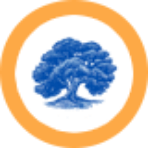 MENLO SCHOOL Since 1915
MENLO SCHOOL Since 1915